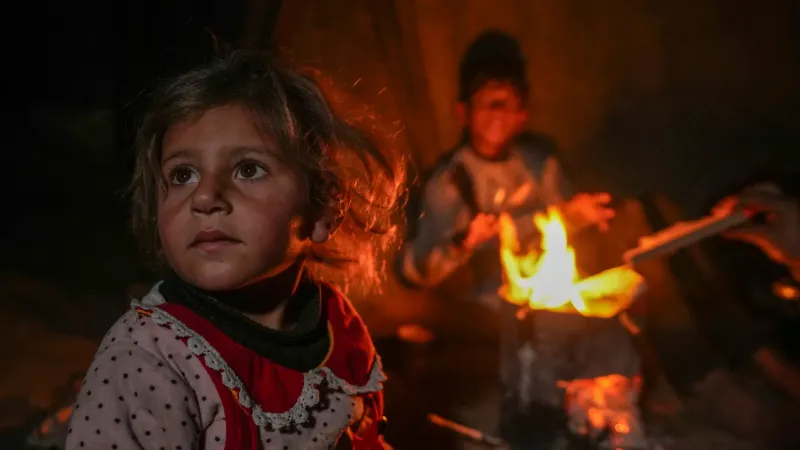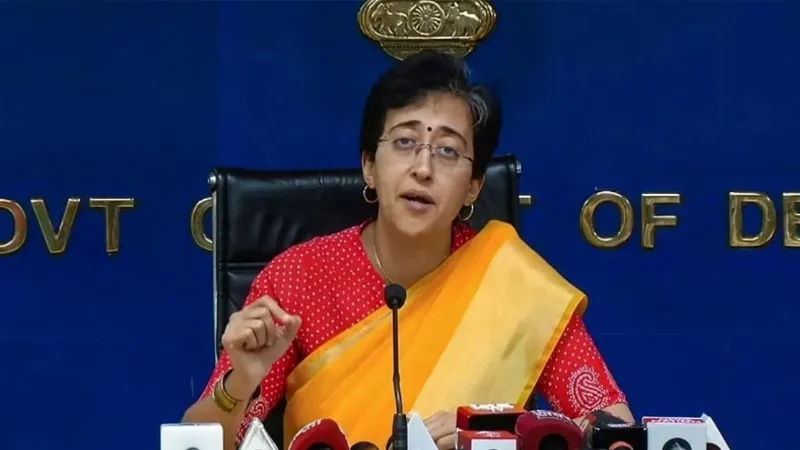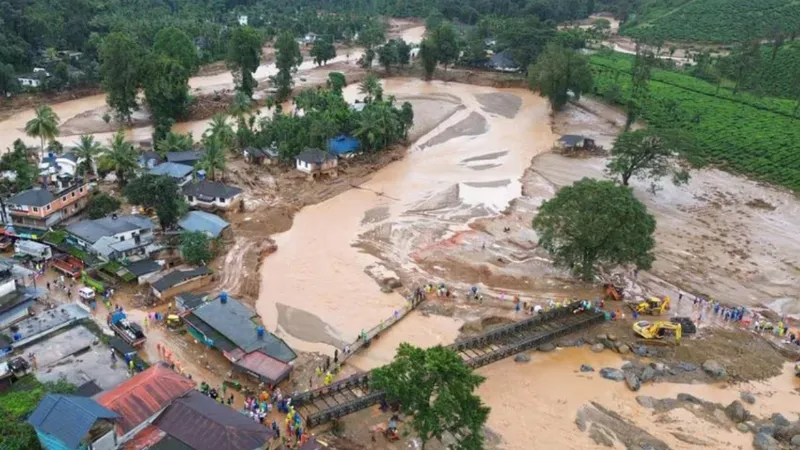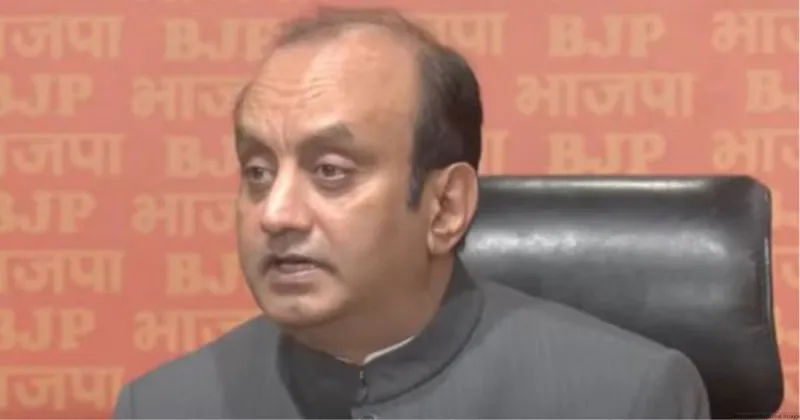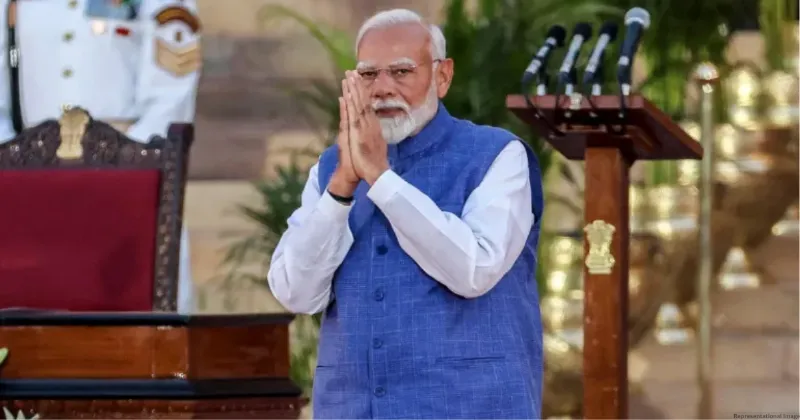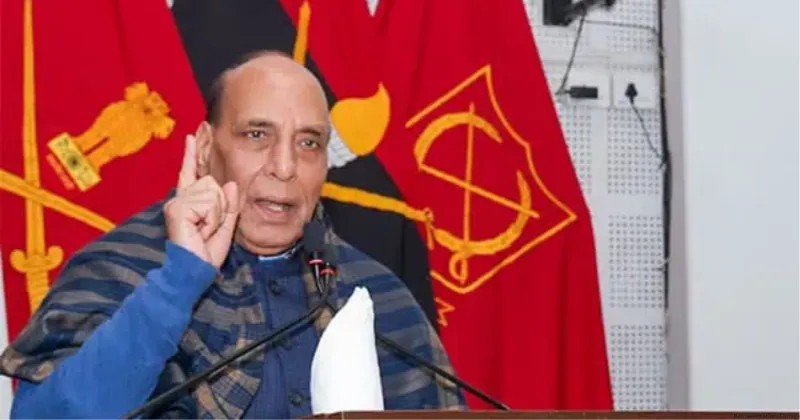New Delhi: The United Nations Children's Fund (UNICEF) in a recent study stated that an estimated 473 million children, more than one in six, are living in conflict zones worldwide.
In a study released on Saturday, UNICEF highlighted the ongoing conflicts in regions like Palestine, Myanmar, Haiti, and Sudan and stated that the world is experiencing the highest number of conflicts since the Second World War.
In their report, the UN organisation stated that 19 per cent of the world's children live in conflict zones, with 47.2 million having been displaced by conflict and violence.
The UN further verified that there were more child casualties during the first nine months of 2024 than during all of 2023, as thousands of children were killed and injured in conflicts in Gaza and in Ukraine.
Notably, according to many reports, the conflict between Israel and Palestine has led to the deaths of at least 17,492 children over the past 15 months in Gaza.
Meanwhile, UNICEF Executive Director Catherine Russell stated that 2024 has been one of the worst years on record for children in conflict, both in terms of the number affected and the severity of the impact on their lives.
She stated that children in conflict zones are far more likely to experience disruptions such as being out of school, facing malnutrition, or being displaced compared to those in peaceful areas. Russell emphasised that this cannot become the "new normal" and stressed the need to prevent a generation of children from becoming victims of ongoing global conflicts.
"By almost every measure, 2024 has been one of the worst years on record for children in conflict in UNICEF's history--both in terms of the number of children affected and the level of impact on their lives," Russell said.
"A child growing up in a conflict zone is far more likely to be out of school, malnourished, or forced from their home--too often repeatedly--compared to a child living in places of peace. This must not be the new normal. We cannot allow a generation of children to become collateral damage to the world's unchecked wars," the UNICEF Executive Director added.


